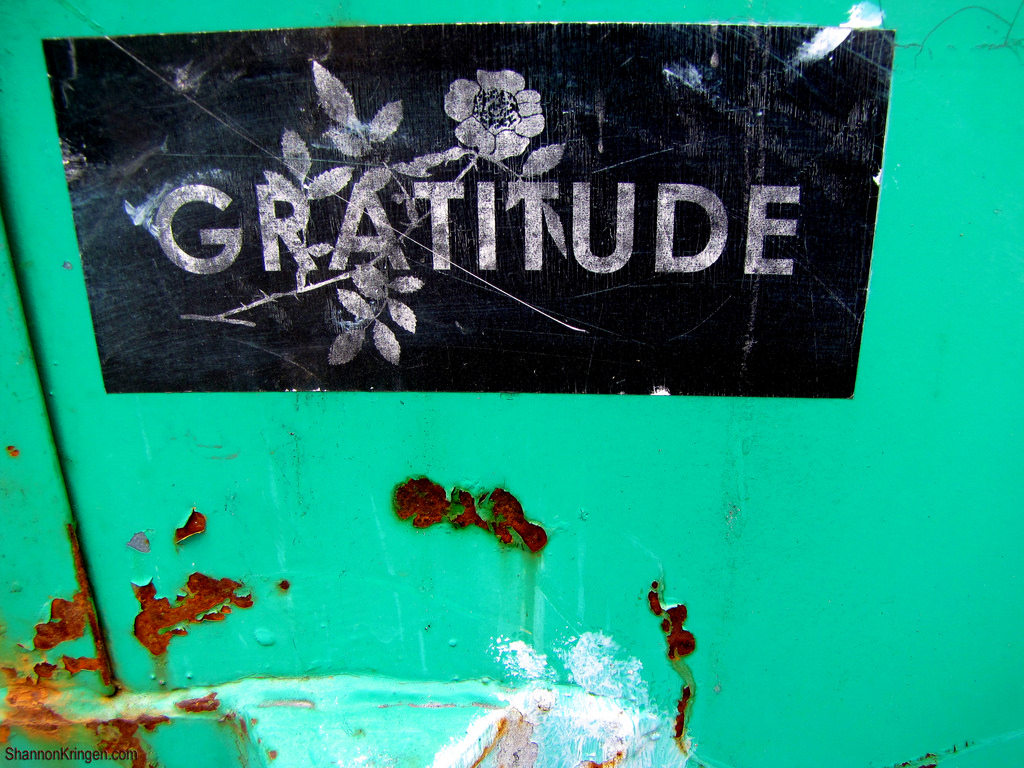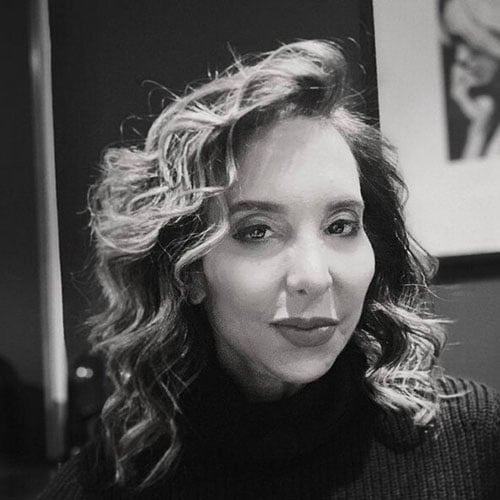 Photo from Flickr/Shannon Kringen.
Photo from Flickr/Shannon Kringen. About a decade ago, when I was trying desperately to conceive, I read an essay by a woman who was traumatized by the fact that her obstetrician had to use last-minute medical intervention during the delivery of her baby. She had spent months, she explained, taking every measure to ensure that she would have a natural childbirth. And then: She had to succumb to “Western medicine.” The fact that she ended up delivering a healthy baby was only one sentence in her 3,000-word essay.
At the time I read this, I hadn’t realized how her essay was emblematic of a much larger victimization culture. I just remember thinking: Wow, this woman is truly ungrateful.
Today, of course, victim status has become a privileged achievement. Forget innovation or helping to improve the world. What gets you published on the cool websites is being able to detail a horrible thing that “society” has done to you, and nursing those wounds for as much empathy (pity?) as you can get.
Leaving aside the potential harm to their targets, I have come to feel sorry for our modern-day victim junkies. For one, they have confused theory for reality. They appear to have learned — perhaps at an esteemed university? — that the world is divided into oppressors and oppressed, victimizers and victims, and every encounter can classify you — “privilege” you — as a victim, a revered member of the oppressed class.
What they don’t seem to have learned is that Marxism failed precisely because Marx forgot to take into account human nature. Human nature is complex. Life isn’t perfect. Bad things happen.
Victimization theory has been trying to create a fabricated world where humanity can be perfected. Humanity cannot be perfected, only improved. And, of course, one victim’s oppressor is often another person’s savior. The same “Western medicine” that this woman bemoaned enabled me to deliver a healthy boy two years later.
But there’s a more essential point: Why would you want to be a victim? My older brother tormented me for nearly 15 years. He caused my first set of stitches. I could have wallowed throughout my teens and 20s; instead, at 16 I started dating his best friend. That ended that.
My brother went on to become a successful doctor who loves and respects me. He also went on to go through two massive tragedies that put my childhood victimization instantly into perspective. His first wife was run over by a car. His second son died during delivery. He too could have wallowed in a victim state. Instead, he grieved deeply, and then gently moved on.
If we’re going to be honest about human nature, let’s acknowledge that embracing a victim status can be tempting. I was tempted myself recently, when I was working on a book project and someone tried to sabotage it. For months, I got so caught up in that mindset that I didn’t allow myself to fully enjoy the project, and the positivity it was generating.
When you wallow in victim status, there is no room to feel gratitude.
Which leads me back to my initial point: When you wallow in victim status, there is no room to feel gratitude, and it is the ability to feel gratitude that is one of life’s great privileges. It is the ability to stop for a few minutes each day and appreciate our children, our friends, the beauty of life. Even those of us who have not been brainwashed by victimization theory often forget to feel gratitude. Yes, we do after sickness or tragedy, but the elevated life is to find gratitude in the mundane.
I have a Facebook friend in India who sends me a meme of gratitude every night. Initially, I found it odd (I had never interacted with him), and then, when life wasn’t going well, I’d find it annoying. But I’ve come to think of these memes as welcome daily reminders.
And you know the funny thing about gratitude? When we allow ourselves to feel it, the fact that we and life are not perfect becomes an afterthought. Life, however messed up it is at times, is indeed beautiful, and each moment is indeed a blessing. And when you learn to look for the light, it will find you.
Happy Thanksgiving.
Karen Lehrman Bloch is a cultural critic and author of “The Lipstick Proviso: Women, Sex & Power in the Real World” (Doubleday). Her writings have appeared in The New York Times, The New Republic, The Wall Street Journal and Metropolis, among others.























 More news and opinions than at a Shabbat dinner, right in your inbox.
More news and opinions than at a Shabbat dinner, right in your inbox.